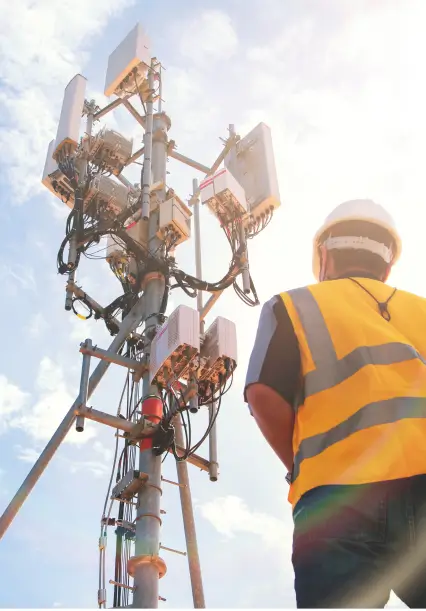IPA vs. RPA: Leveraging powerful enterprise tools
July 09, 2024
While the world may not yet be filled with flying cars or Wall-E-like robots, significant advancements have been made with the integration of bots powered by artificial intelligence (AI) and machine learning (ML). Robotic Process Automation (RPA) and Intelligent Process Automation (IPA) are two remarkable technologies at the forefront of this transformation. These cutting-edge forces are reshaping how businesses operate and influence our daily lives.
As the wave of digital transformation continues, both IPA and RPA have gained prominence. In simple terms, RPA utilizes software bots that mimic human digital behaviour to streamline and expedite business processes. On the other hand, IPA complements RPA by adding intelligence and value, making it more capable of handling complex business problems and intricate techniques.
However, distinguishing between RPA and IPA can be confusing. To shed light on the matter, this blog will explore the realm of intelligent process automation versus robotic process automation, aiding businesses in achieving enhanced efficiency, modernization, and profitability.
IPA vs. RPA: Understanding the divide
Though IPA's journey is still ongoing, the technology's maturation and advancement are prompting more businesses to adopt it for process automation. Experts project the global IPA market to reach an impressive $14.3 billion by 2024. However, there is no substantial data indicating the decline of RPA in favour of IPA. Instead, IPA acts as a supplement to RPA, empowering it with intelligence to tackle complex business challenges while automating processes. Let's delve into some key contrasts between IPA and RPA.
Intelligent process automation (IPA) applications
Intelligent Process Automation has become the cornerstone of the business operating model in the post-digital era. Many businesses now leverage both RPA and IPA to address complex challenges, reduce costs, minimize human errors, and enhance efficiency. Now, let's explore some notable use cases of intelligent process automation to illustrate how businesses benefit from its applicability.
1. Streamlining the recruitment process
The buzz surrounding bots reading and analyzing resumes has gained traction. Intelligent process automation empowers HR functions by streamlining the recruitment process. Manually handling this process is laborious and cost-inefficient. IPA filters out spam and irrelevant resumes, analyzing only those with the right skill set for the job. This invaluable assistance benefits the HR department throughout the screening and onboarding stages.
2. Facilitating price comparisons
Companies often face challenges in selecting the best prices and vendors for large-scale purchases, impacting their bottom line. IPA comes to the rescue by providing a robust solution for comparative analysis of prices, features, and attributes of services or products. This enables companies to obtain the best products at the most reasonable prices.
3. Automating payroll transactions
Automating end-to-end payroll transactions is a priority for businesses aiming to eliminate human errors and data inaccuracies. IPA ensures data consistency across multiple systems, validates deductions, and manages employee benefits, reimbursement processes, and salary formulation procedures with ease.
4. Enhancing customer support
The combination of customer service and IPA is a powerful one. Today's customers expect swift and prompt responses. IPA addresses this challenge by providing automated customer support systems based on natural language processing (NLP). By analyzing text-based information using statistical and learning algorithms, NLP comprehends meaning and sentiment, allowing companies to manage and schedule customer service operations more efficiently.
5. Streamlining invoice processing
Manual invoice processing is time-consuming and repetitive. IPA allows companies to streamline decision-making processes, automate data entries, and minimize errors through software bots, reducing the need for excessive human intervention. This way business
teams can focus more on how to add value rather than concentrating on mundane and low-value tasks.
6. Enhancing fraud protection
IPA's machine learning capabilities empower businesses to predict outcomes and recognize behaviour patterns by analyzing vast amounts of data. This enables real-time risk calculation, monitoring of suspicious payments, and verification of transactions with remarkable accuracy.
Elevate your organization with intelligent process automation
Forward-thinking companies are capitalizing on both IPA and RPA to gain a competitive edge. By leveraging these technologies, businesses can access relevant data, streamline processes, and make well-informed decisions.
If you're ready to explore the possibilities of intelligent process automation and break free from mundane routines, we're here to assist you. Reach out to us to learn more.
Quick Link
You may like
How can we help you?
Are you ready to push boundaries and explore new frontiers of innovation?



